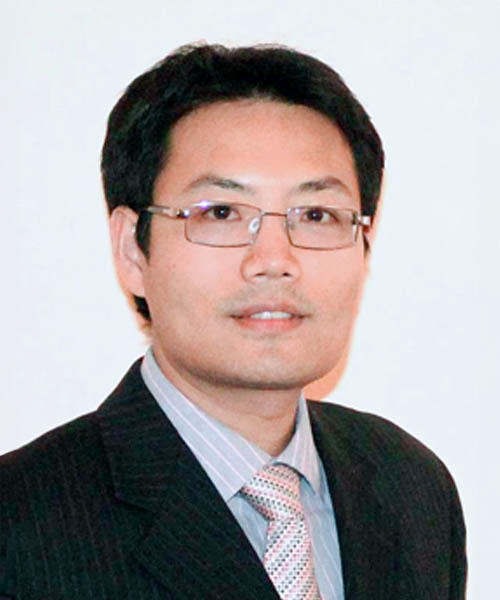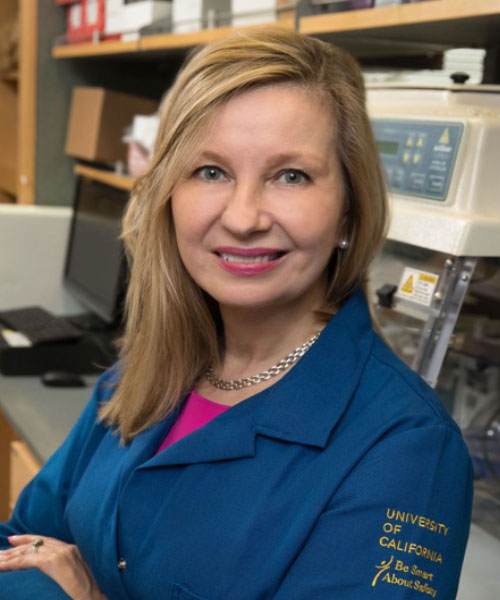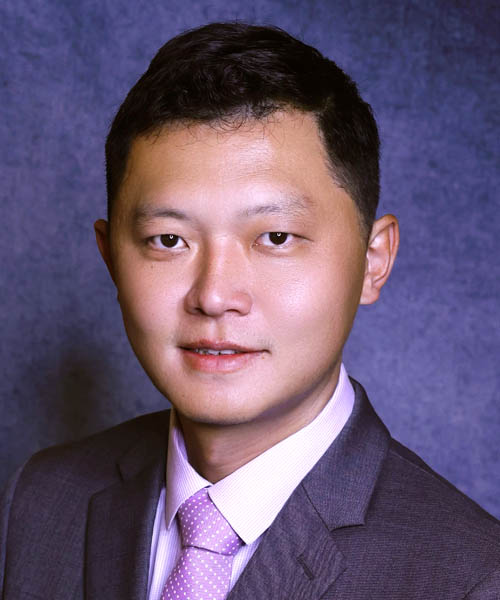Chao Wang
Arizona State University
Nanoparticle-Supported, Rapid, Electronic Detecting System for Accessible Infectious Disease Diagnosis
To address the need for highly sensitive yet accessible tests to curb infectious diseases, we propose and demonstrate a new approach, termed nanoparticle-supported, rapid electronic detection (NasRED), as a modular sensing platform with a high analytical sensitivity as low as atto-molar range for a variety of infectious antigens.
About Chao Wang
Chao Wang is currently an associate professor in the School of Electrical, Computer & Energy Engineering (ECEE) and the Biodesign Center for Molecular Design & Biomimetics at Arizona State University (ASU). Prior to joining ASU, he obtained his Ph.D. degree in Jan 2012 from department of Electrical Engineering at Princeton University, and worked as a postdoctoral research scientist at IBM T.J. Watson research center until 2015. The Wang lab at ASU explores fundamental science at nanometer scale and solves biomedical problems at the interface of different disciplines and across dimensional scales. His research activities span across several fields, including nanoimprint lithography, additive manufacturing, nanophotonics and metasurface, nanofluidics, nanopore sensing, and infectious disease detection. He is also a recipient of multiple awards, including the NSF CAREER award (2019) and the NIH Director’s New Innovator Award (2022).

Nanoparticle-Supported, Rapid, Electronic Detecting System for Accessible Infectious Disease Diagnosis
Date: Friday, May 31
Time: 12 - 12:30 pm
Location: Grande E




